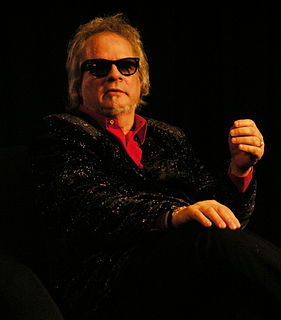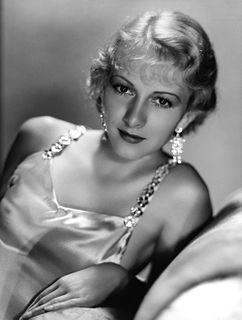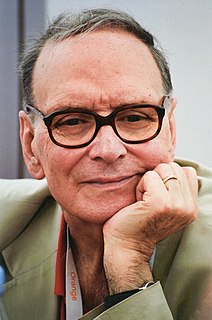A Quote by Ralph Waldo Emerson
I knew a witty physician who found theology in the biliary duct, and used to affirm that if there was a disease in the liver, the man became a Calvinist, and if that organ was sound, he became a Unitarian.
Related Quotes
There are many different causes of the scarring. Viruses are common. Hepatitis B, hepatitis C, what we call autoimmune diseases where the body attacks the liver itself such as primary biliary cirrhosis is an autoimmune disease; sclerosing cholangitis is an autoimmune disease; and so those diseases where the liver is being destroyed by either the virus or an autoimmune disease, it can only scar, and why it doesn't regenerate has to do with the fact that there is this ongoing scar tissue that blocks that regeneration.
The scholar was not raised by the sacred thoughts amongst which he dwelt, but used them to selfish ends. He was a profane person,and became a showman, turning his gifts to marketable use, and not to his own sustenance and growth. It was found that the intellect could be independently developed, that is, in separation from the man, as any single organ can be invigorated, and the result was monstrous.
At the end of the playback of the take of "Like A Rolling Stone", or actually during the thing, Bob Dylan said to the producer, turn up the organ. And Tom Wilson said, oh man, that guy's not an organ player. And Dylan said, I don't care, turn the organ up, and that's really how I became an organ player.
This rose became a bandanna, which became a house, which became infused with all passion, which became a hideaway, which became yes I would like to have dinner, which became hands, which became lands, shores, beaches, natives on the stones, staring and wild beasts in the trees, chasing the hats of lost hunters, and all this deserves a tone.
Doctor Johnson said, that in sickness there were three things that were material; the physician, the disease, and the patient: and if any two of these joined, then they get the victory; for, Ne Hercules quidem contra duos [Not even Hercules himself is a match for two]. If the physician and the patient join, then down goes the disease; for then the patient recovers: if the physician and the disease join, that is a strong disease; and the physician mistaking the cure, then down goes the patient: if the patient and the disease join, then down goes the physician; for he is discredited.
Acting became important. It became an art that belonged to the actor, not to the director or producer, or the man whose money had bought the studio. It was an art that transformed you into somebody else, that increased your life and mind. I had always loved acting and tried hard to learn it. But with Michael Chekhov, acting became more than a profession to me. It became a sort of religion.
What [Nietzsche] calls slave morality is to him purely spite-morality; and this spite-morality gave new names to all ideals. Thus impotence, which offers no reprisal, became goodness; craven baseness became humility; submission to him who was feared became obedience; inability to assert one's self became reluctance to assert one's self, became forgiveness, love of one's enemies. Misery became a distinction
I had been virtually a Unitarian (as I still am) but without knowing it. The experience of being among Unitarians who did know what they were, and attached much importance to it, was entirely novel to me, but I soon fell into their ways and found it easy to go forward on their road, the more so because the other roads became closed to me.






































